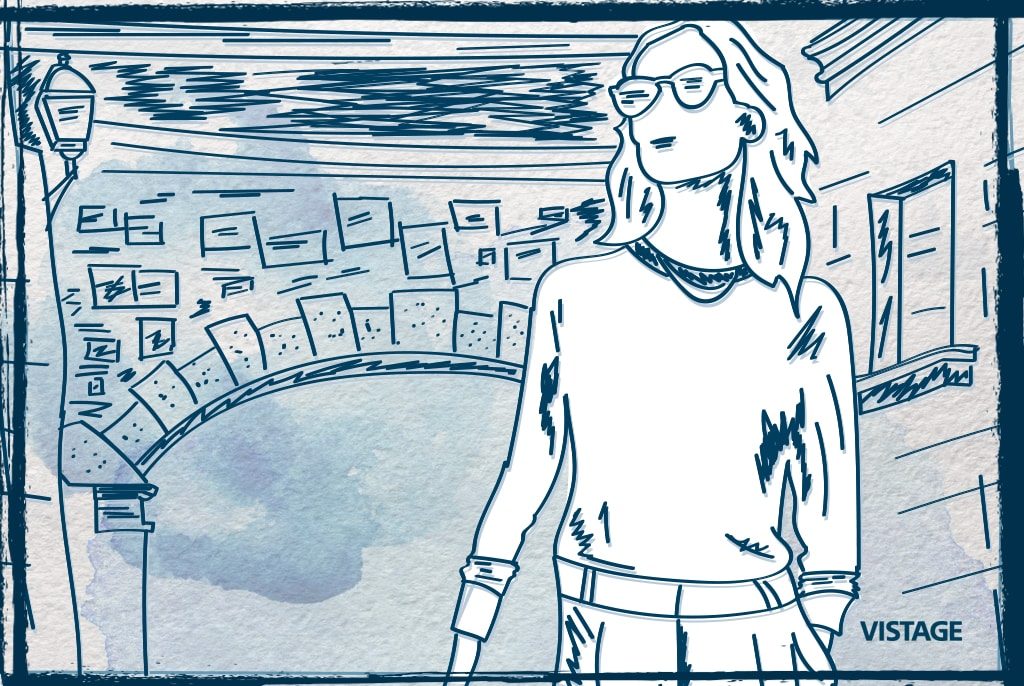How a fashion industry CEO survived the toughest times

Asking for help when it’s needed is such simple logic. But saying those three little words, “I need help,” out loud can sometimes feel so defeating. Entrepreneurs and business leaders often wear so many different hats that solving problems and navigating challenges, without leaning on anyone else, can become second nature—even a matter of survival.
Vistage member Susan White Morrissey has led the way for practically her entire career. She’s good at being in charge —like, really good. You can hear it in her voice.
So when she had to raise her hand and ask others to lend their own opinion, to say she was no longer operating in her comfort zone would be something of an understatement. But back in 2008, with the economy crashing all around her and the forecast for 2009 bleak, she couldn’t afford to wait and see what the future held.
“The economy rocked me. I always have a weird sixth sense about what’s happening out there in the market. I can usually feel when something is going on,” she recalls. “I remember thinking things were slowing down. Buyers were becoming cautious.”
Up Against the Wall
White Morrissey made difficult decisions early on that proved effective in helping her company maintain its financial position. She personally renegotiated contracts with all of her suppliers, explaining openly and honestly why she needed their help to get through the challenging time.
Whether it was getting a break on three months of rent or buying materials at a discounted rate, the savings she accrued not only held her company’s bottom line firm, it actually increased. But that wasn’t all that grew.
“If you don’t ask, you don’t get. If you ask, you get if you’ve always given. I had never asked before. My focus was on the future and to keep the business moving forward. 2010 changed me forever as a CEO,” she says. “I learned how to ask for help and that was big for me, personally and professionally. It sounds weird, but because I was so independent it was unnatural for me to depend on others.”
Her Vistage group helped in changing her ways. When she joined in the spring of 2010, she was the only woman in the group. “Guys ask for help all the time. They taught me how to ask,” she says. “They’re like my brothers now.”
Changing Course
Shifts in how the company was structured, at that time, also increased the scope of her control. She had always run the business side of things—operations, finance, sales and marketing. But now she was also responsible for the creative team as well, overseeing the entire operation on her own.
The fashion industry landscape was rapidly changing, so the need to “shake things up” was an exciting challenge. White Morrissey emerged from the downturn in a position to broaden and strengthen her company’s position in an industry that deserves its fast-moving, cutthroat reputation.
She sought advice from some of fashion’s maven’s, like Andrew Rosen, who’s often called a pioneer in contemporary fashion, co-founding Theory and Elie Tahari in 1997, while investing in such star brands as Alice + Olivia and Rag & Bone.
“I have become comfortable asking people for help in the last 5 years. I’ve never been desperate. It’s more, ‘I could use your help on this. What do you think?’” she says. “Everyone from my junior employees to industry experts, and I’ve learned how to network.”
Category: Leadership
Tags: Recession

